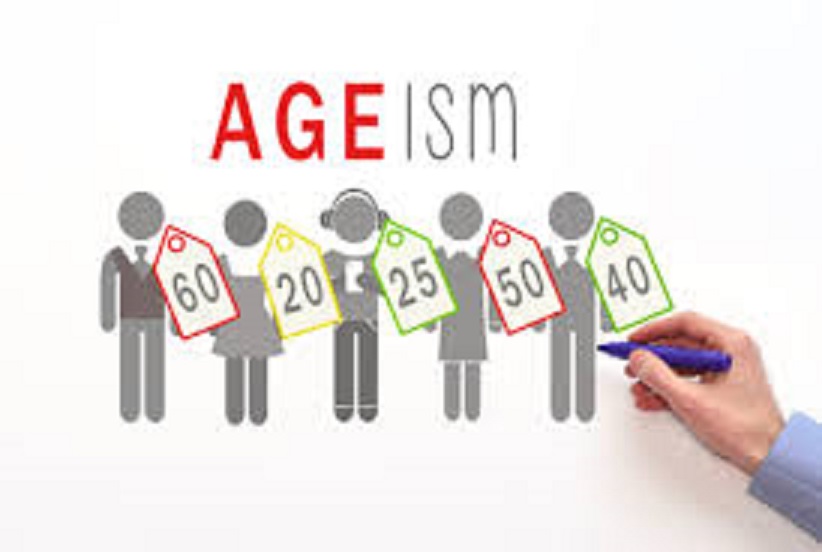Ageing is a very personal issue. We all age at a different pace and all become “old” at different ages. Let me give you a few examples to illustrate the point –
A friend of mine is in his mid-70s. He’s self employed and works 2-3 days a week. He plays tennis once a week, walks most mornings and watches his diet. He’s reasonable fit, happy and enjoying life as a healthy 75-year-old.
Another friend is a similar age. She had a successful business career, but had cancer in her 50s and it, or the chemotherapy has had a negative impact on her health. She needs a walking frame when she goes out and looks and feels older than 75.
Finally, another old friend who’s 73 was a school principal and had a major stroke at 68. He’s now in an aged care facility with very little mobility.
So, three intelligent, successful people, all around the same age, all with totally different levels of health and very different lifestyles.
So ageing is a very personal thing. Some people are healthy and active in their mid-70s while others look and feel old and frail.
This huge variation in health and wellbeing is very difficult for governments and the corporate world to handle. Clearly the Aged Pension can’t be awarded to different people at different ages, depending on how healthy or unhealthy they are.
Because retirement age is generally regarded as 65, many people in their 60s and 70s who want to keep working and are physically and mentally capable of doing so, often find great difficulty in getting a suitable job once they retire or get retrenched. While they may be over 65, that doesn’t mean that they can no longer be productive workers.
The whole perception of ageing will have to change in the 21st century as more and more people and society in general grapples with the fact that most people are going to be living for another 20 – 30 years if they retire around 65. The economy will need more workers and older people will need something challenging to do. 20 years of passive recreation and leisure will drive a lot of people mad with boredom.
How would you feel if society in general thought that you were “past it”?
If you’d like to read more about how to have fun in the last 25 years of your life, our 5 books have lots of useful information and advice. Check them out on this website.

